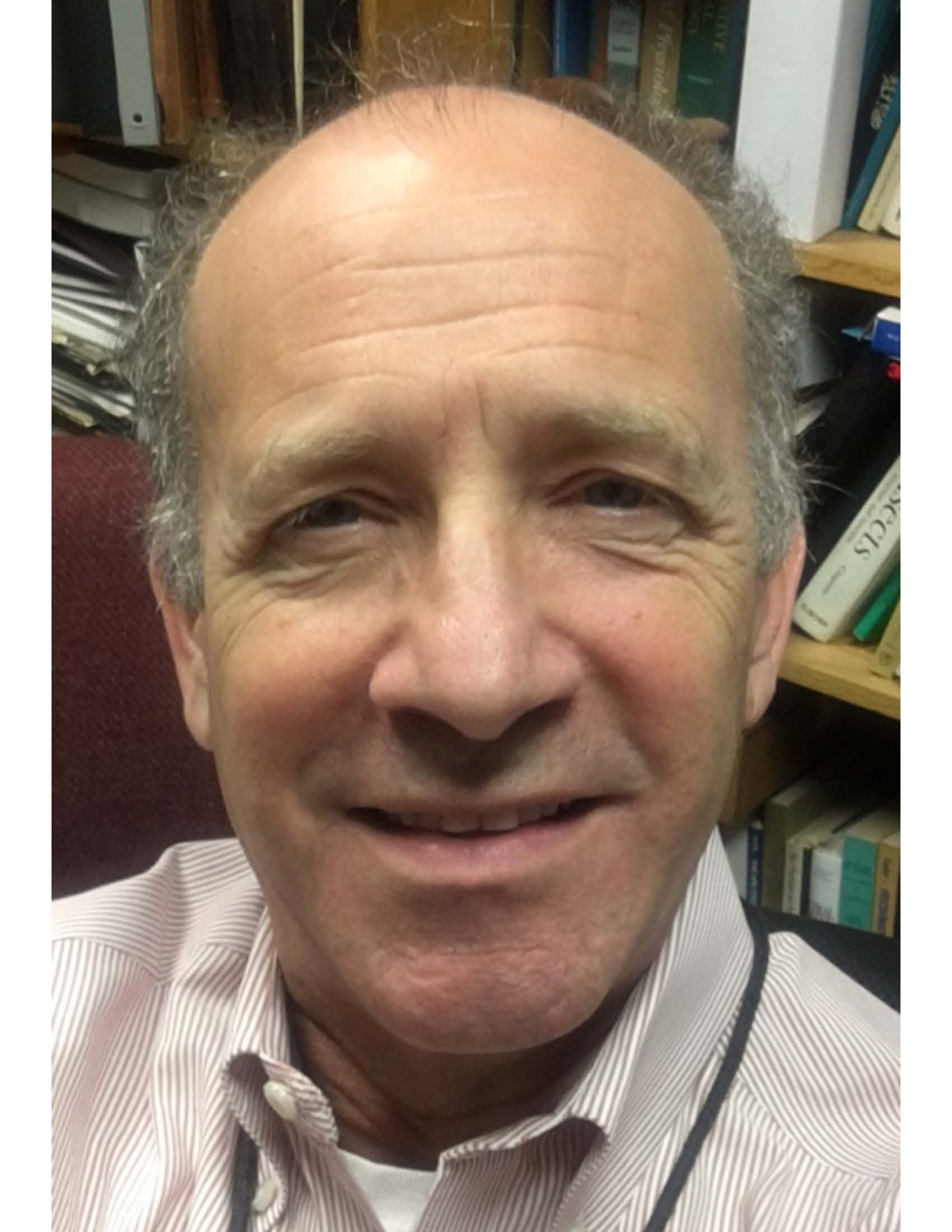Below is a summary of the abstract you submitted. Presenting author(s) is shown in bold.
If any changes need to be made, you can modify the abstract or change the authors.
You can also download a .docx version of this abstract.
If there are any problems, please email Dan at dar78@pitt.edu and he'll take care of them!
This abstract was last modified on April 25, 2018 at 10:19 a.m..

Our implementation of the Howard Hughes Medical Institute, Science Education Alliance, Phage Hunters curriculum (www.seaphages.org) at Morehouse College differed from the implementations at other colleges and universities. We intentionally limited our enrollment to entering freshmen who were deemed underprepared to begin a biology major based on SAT scores. These students were not permitted to initially enroll in a traditional gateway survey-type biology course (BIO 111). Underprepared students were invited to apply for our Phage Hunters course to assess the effectiveness of this research immersion experience on their future success in BIO 111. Six cohorts (N=90) of Phage Hunters students have taken the gateway majors course permitting us to compare their academic performance to peers (N=45) who were similarly underprepared first-time freshmen but who did not participate in Phage Hunters, and to non-peers (N=182) all other students in the same gateway course. Phage Hunters students had a significantly greater pass rate (A,B,C grades) and a significantly lower withdrawal rate than did their peers. Compared to non-peers, Phage Hunters had a significantly lower withdrawal rate and no significant difference in pass rates. These findings indicate that an authentic research immersion experience can dramatically improve student outcomes for underprepared students and consequently improve freshmen student retention.

